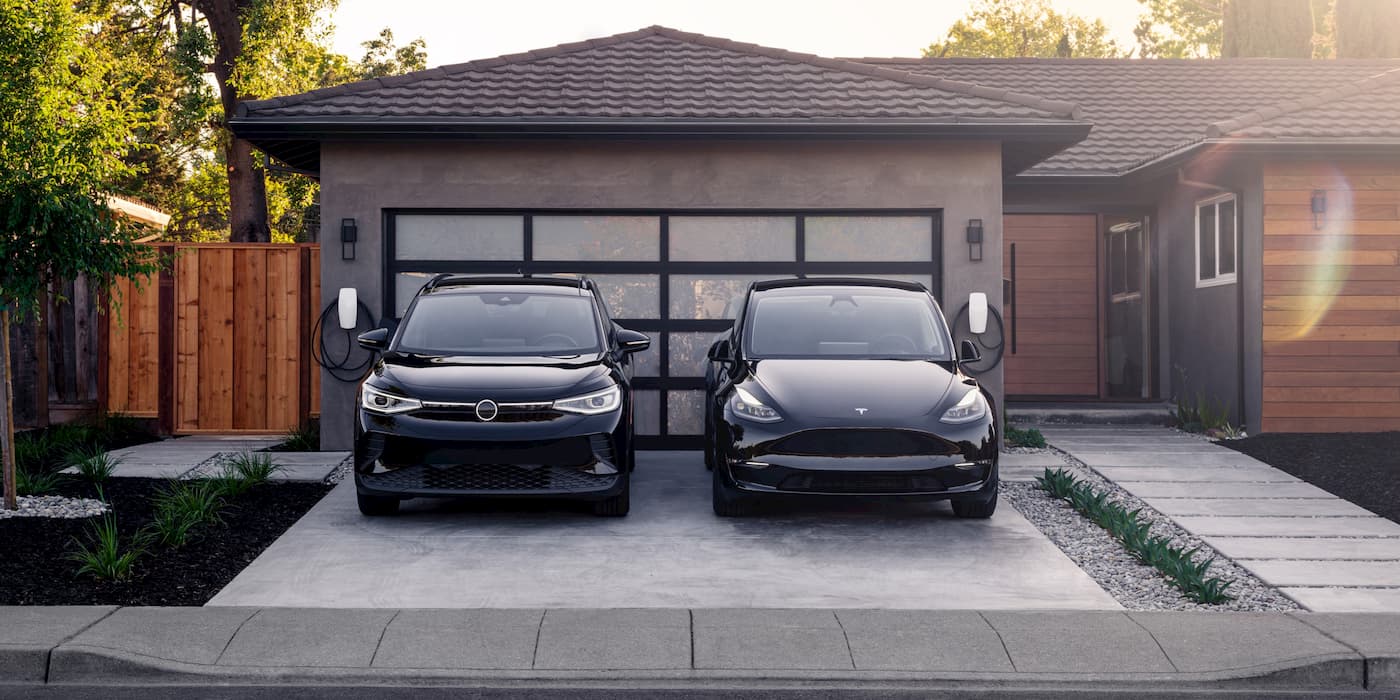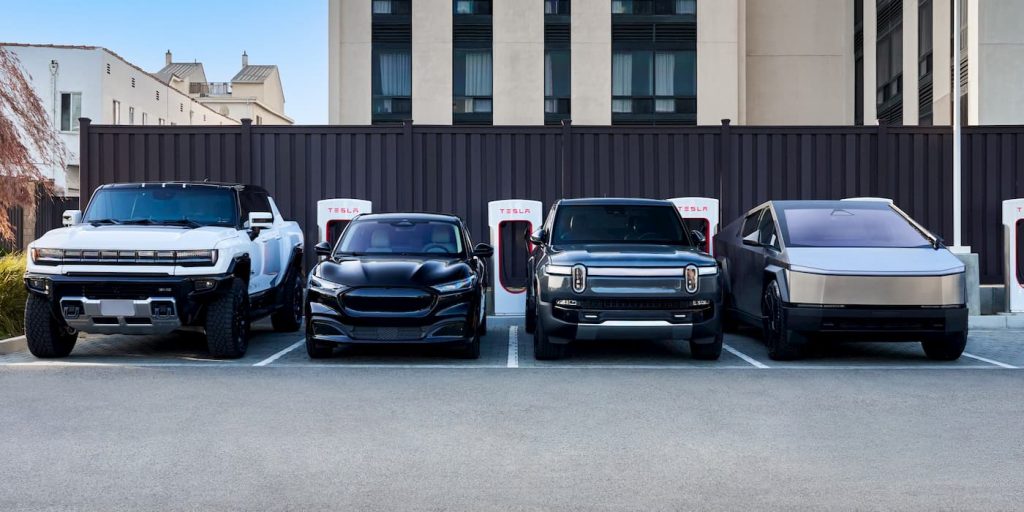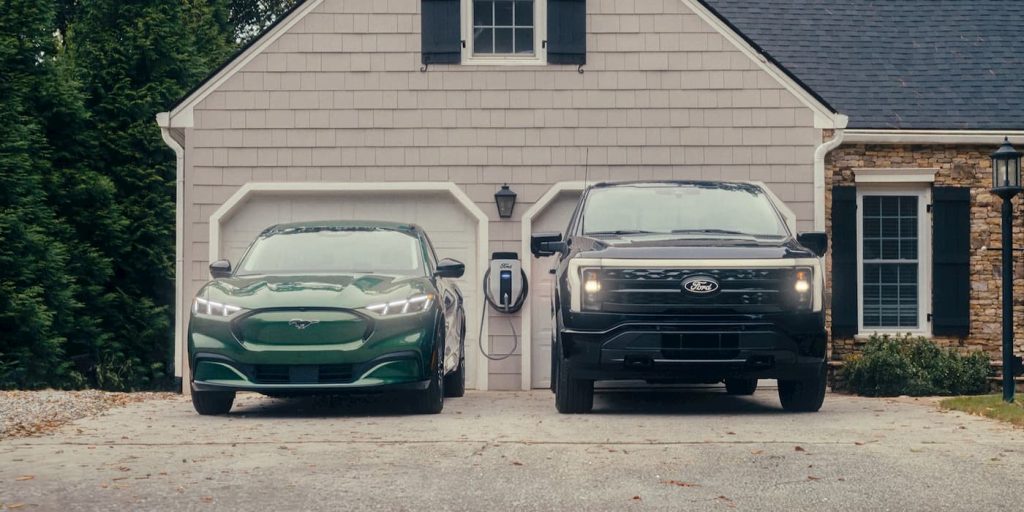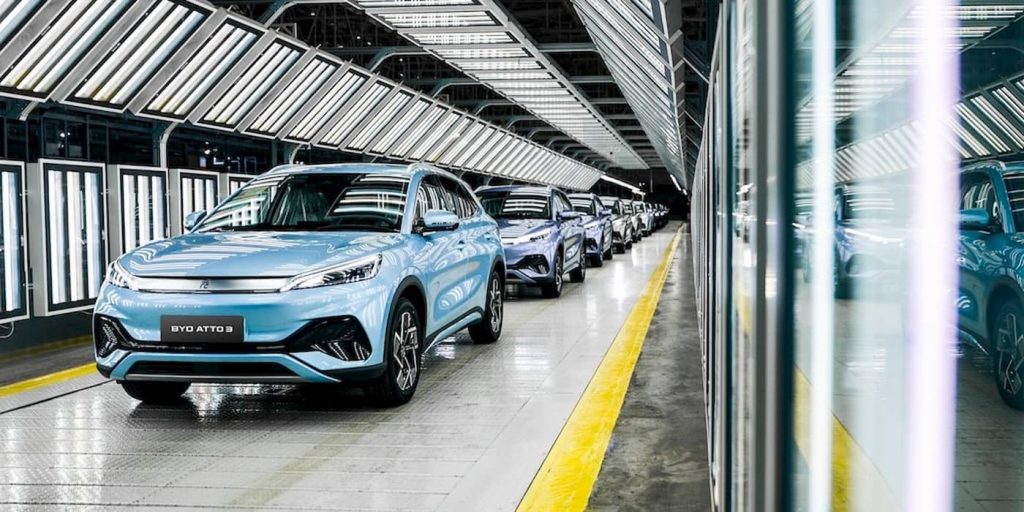
EV battery costs are plummeting, falling sooner than most anticipated. This 12 months will mark the steepest decline since 2017. With new tech and cheaper alternate options hitting the market, electrical autos will quickly be much more reasonably priced than their gas-powered counterparts.
Electrical automobile costs are shortly closing in on gas-powered automobiles after the price of battery packs dropped by 20% in 2024.
In line with BloombergNEF’s annual battery value survey, the price of EV battery packs fell to $115 per kWh in 2024, its largest drop in seven years. The value drop is because of rising cell manufacturing, decrease materials costs, and cheaper LFP batteries hitting the market.
With EV battery costs anticipated to proceed plummeting over the subsequent few years, electrical autos may quickly be much more reasonably priced than comparable fuel automobiles.
In line with the survey, common battery costs are anticipated to slide under $100 per kWh as quickly as 2026. That is extensively thought-about the “value parity” threshold with ICE autos. By 2030, costs may fall as little as $69 per kWh.

EV battery costs are plummeting sooner than anticipated
The research additionally factors out that geopolitical uncertainties and slower demand may affect pricing. It’s no secret by now that China dominates the worldwide battery market.
“China alone is anticipated to supply sufficient battery cells to satisfy 92% of whole international demand of 1.2 terawatt-hours for EV and stationary storage segments in 2024,” the report famous. This has “exerted downward stress on battery costs.”

Though that is driving EV costs down, overcapacity is turning into a priority. International battery leaders like BYD and CATL are aggressively chopping costs, fueling the EV battery value conflict.
Everyone seems to be speaking concerning the EV value conflict in China, however the battery market is igniting it behind the scenes. The value cuts are pressuring smaller producers to comply with go well with whereas sacrificing margins. Nonetheless, if electrical automobile gross sales sluggish, battery makers usually tend to cut back output.

Shifting insurance policies may also seemingly affect battery pricing. In Europe, Germany and France have already minimize subsidies.
In the meantime, US President-elect Donald Trump’s transition group is reportedly planning to finish the $7,500 federal EV tax credit score. Trump can also be threatening to slap a 60% tariff on imports from China and as much as 20% from elsewhere, which might seemingly result in larger costs.
“Navigating altering tariff regimes will stay a key problem for battery suppliers and clients,” the report concluded.
Electrek’s Take
With almost each automaker and a number of other startups creating cheaper, extra environment friendly batteries, EV costs will seemingly proceed falling over the subsequent few years.
China’s CATL and BYD are dominating the trade with extra reasonably priced LFP batteries. In line with information from CnEVPost, CATL had a commanding 36.7% share of the worldwide EV battery market by way of September 2024, BYD was second at 16.4%.
CATL has launched a number of new battery packs over time, unlocking extra vary and sooner charging at a decrease value.
With BYD’s next-gen Blade battery due out subsequent 12 months, the EV large goals to slash prices by 15% in comparison with its present tech.
Bloomberg is just not the one one predicting that EV battery costs will proceed plummeting. Goldman Sachs Analysis predicts costs will fall 50% by 2026 in comparison with 2023. At that, costs would slip under $80 per kWh, down from $149 per kWh in 2023.
FTC: We use revenue incomes auto affiliate hyperlinks. Extra.


